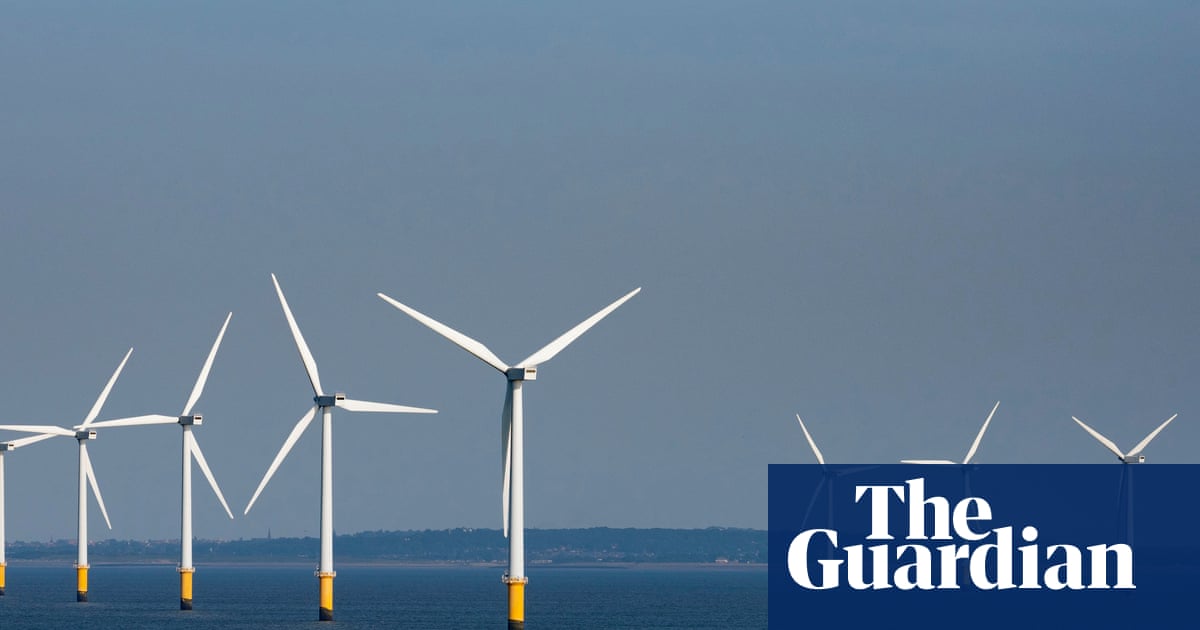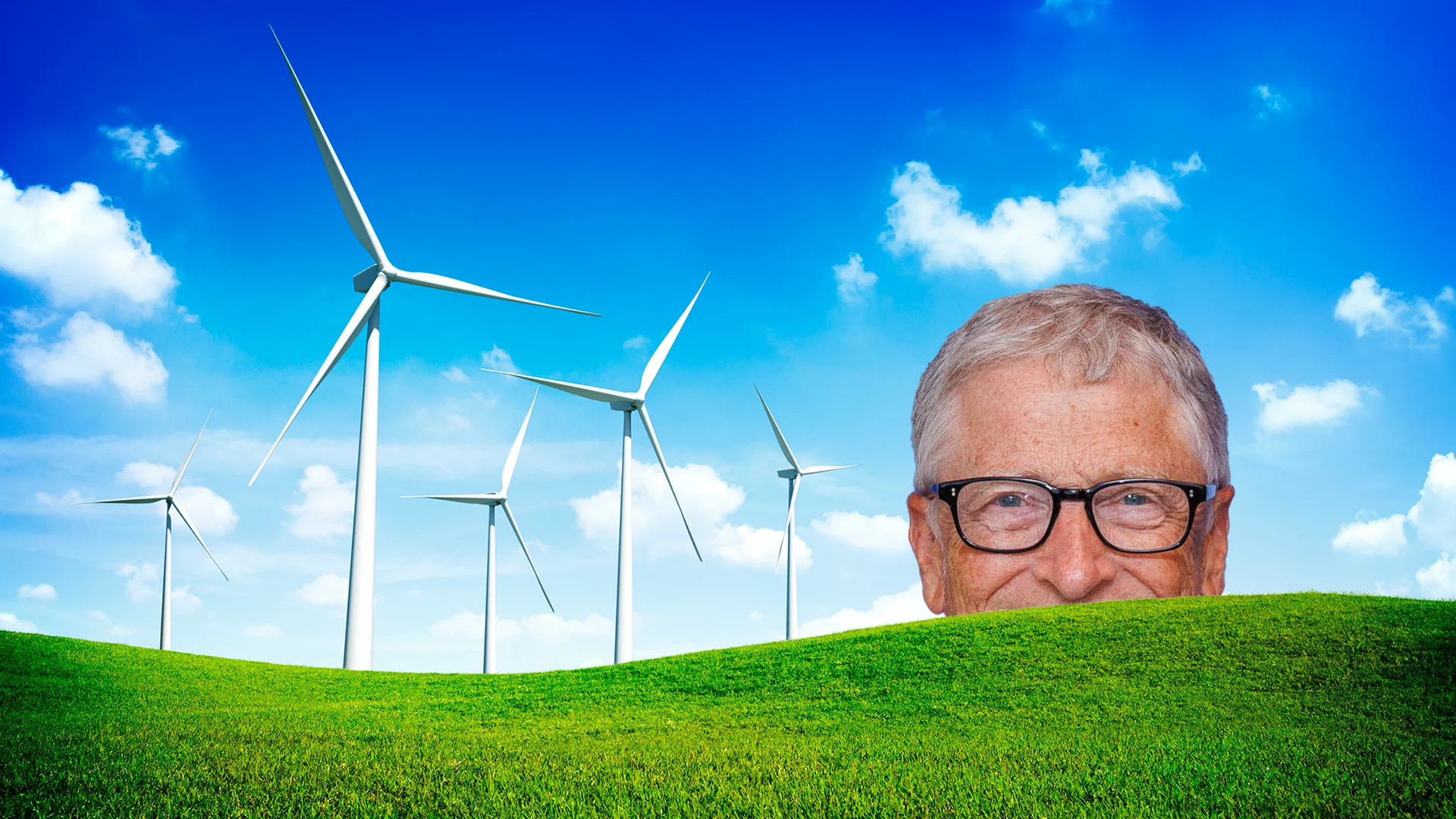#wind-power
#wind-power
[ follow ]
fromwww.aljazeera.com
1 week agoRenewables muscle fossil fuels out of EU electricity market, says research
Solar and wind power provided more electricity than coal and gas last year, leading a global trend, said think tank Ember. Solar and wind power outperformed fossil fuels in the European Union for the first time last year, a new high watermark on Europe's transition to green and autonomous energy. The two sources of energy generated 30 percent of EU electricity, compared with 29 percent for coal and gas, Ember, a global energy think tank, said on Thursday in its European Electricity Review.
Environment
fromEngadget
4 weeks agoAirloom will showcase its new approach to wind power at CES
Rather than the very tall towers typically used for this approach, Airloom's structures are 20 to 30 meters high. They are comprised of a loop of adjustable wings that move along a track, a design that's akin to a roller coaster. As the wings move, they generate power just like the blades on a regular wind turbine do. Airloom claims that its structures require 40 percent less mass than a traditional one while delivering the same output.
Science
fromwww.theguardian.com
3 months agoWind power has cut 104bn from UK energy costs since 2010, study finds
Research by University College London found that from 2010 to 2023, energy from windfarms resulted in electricity bills being lower by about 14.2bn than they would have been if gas had been needed to generate the same amount of power. However, the reduction in the cost of gas that could be attributed to wind generation owing to the cut in demand and not needing to build new infrastructure was much greater, at about 133.3bn.
Environment
Renovation
fromHomebuilding
4 months agoUK's reliance on Chinese renewable energy tech rises as Octopus signs deal for Chinese wind turbines
Octopus Energy partners with Ming Yang to potentially introduce Chinese-built wind turbines to the UK, expanding wind capacity while raising reliance and ethical supply-chain concerns.
Environment
fromTasting Table
4 months agoThe Pacific Northwest Burger Chain That Runs On Wind And Local Ingredients - Tasting Table
Burgerville operates as a wind-powered fast-food chain prioritizing local sourcing, sustainability practices, and community partnerships, with about 75% of ingredients sourced locally.
fromFast Company
4 months agoBrazil generates over one-third of its electricity from wind and solar for the first time
The clean energy sources accounted for 34% of the country's electricity generation last month, producing a monthly record of 19 terawatt-hours (TWh), enough to power about 119 million average Brazilian homes for a month, Ember told The Associated Press. That surpassed the previous high of 18.6 TWh set in September 2024. The milestone came as hydroelectric output, Brazil's dominant power source, fell to a four-year low.
Environment
fromHigh Country News
5 months agoHow Interior is using environmental laws to suppress renewable energy - High Country News
On July 17, the Interior Department announced that all wind and solar projects would have to undergo "elevated review" from department Secretary Doug Burgum's office. On July 29, Burgum ordered an end to "preferential treatment" for "unreliable, foreign controlled energy sources," specifically wind and solar. The next day, the Bureau of Ocean Energy Management, which sits within the Interior Department, rescinded all designated Wind Energy Areas along the continental shelf.
Environment
Environment
fromTechCrunch
7 months agoMeta buys over 1 GW of renewables to power its data centers | TechCrunch
Meta significantly increased its renewable energy capacity by over 1 gigawatt through strategic deals with Invenergy and Adapture Renewables.
The company's push for renewables comes as subsidies face potential elimination in legislative discussions.
[ Load more ]









